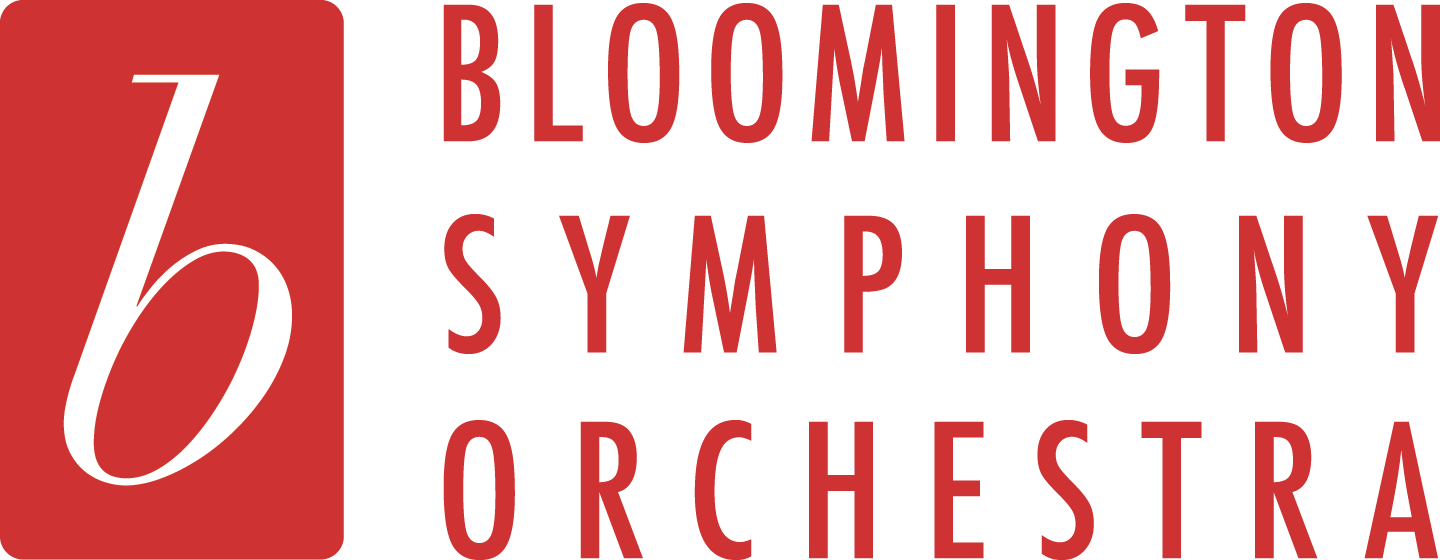Before each concert, we share Manny’s Musings, thoughts from our Music Director and Conductor, Manny Laureano. Please enjoy this concert preview!
We Americans are a unique bunch. We eat differently from the rest of the world, from the size of our portions to the variety of cultures that have affected our diet. Our pastimes are hard-nosed and energetic and we root for our teams with faithful enthusiasm. We come together in times of great joy and national tragedy with hearts on our sleeves. We even have a different way of speaking the Queen’s English… in almost every state you travel to.
So it is not surprising that our music in the concert hall is not unlike the way we express ourselves verbally. It is almost impossible to establish a manner of speaking that is the same, even within our own borders. We are a nation that has inherited its myriad voices from those of our ancestors. Of course, we are such a relatively young country that our ancestors were probably born somewhere else. East Coasters are notorious for a brusque and impatient staccato. The flowing Southern drawl is the archetype of so many Hollywood movies that introduce others abroad to a more friendly, down-home character we’re known for. Midwesterners are proud that their way of speaking is the standard when it comes to pronunciation. Woe be unto you if you are not privy to the latest slang expressions that pepper the conversations of those on our West Coast, for you shall be lost!
One of the wonderful paradoxes of the American concert hall is how Aaron Copland (who had the good taste to be born in the year 1900), a Jewish boy from Brooklyn, New York, would become associated with a sound that reflected open plains and legendary aspects of our “Wild West.” In point of fact, his earliest efforts revealed his strong interest in emerging jazz harmonies and rhythms. Yet, in his Quiet City, the deft use of the open fifths that typified his expansive voice are used here to help us envision an urban landscape late at night. It is as though the shepherd’s calls by the English horn in Berlioz’s Symphonie Fantastique are answered by the familiar sound of the modern jazz trumpet. Both rich voices rest on vaporous string writing that complete the texture. This is Copland at his intimate best (even with the failure of the play of the same name by Irwin Shaw, for which the music was written).
There are several legends that surround the Concerto for Violin and Orchestra. The most often-told story is that of the young, emerging talent, Iso Briselli, whose adoptive father wished to commission a concerto for him. It was suggested that an up-and-coming composer by the name of Samuel Barber (1910- 1981) would be a good choice, as he had already commanded the attentions of several great conductors and orchestras of the day. So while Aaron Copland was setting about writing his incidental music for a doomed play in 1939, Barber was concurrently setting the stage for an interesting scene of his own. As the story goes, Bruselli was displeased with the first version of the finale and actually wanted half of the money paid by his father, Samuel Fels, to be returned! In very short order, Barber is supposed to have composed the perpetual motion that would be the final finished product. Now, Bruselli claimed it unplayable, forcing Barber to enlist the aid of another young violinist from the Curtis Institute to learn the piece in two hours and prove the piece was playable. Whether the story is accurate or apocryphal, Barber’s creation is in another voice that we can claim as American. There is much tenderness in Barber’s writing, as well as wit, running the gamut of violinistic possibilities.
If Americans are known for an indomitable spirit and rugged individuality, the Symphony No. 1 of Charles Ives (1874-1954) portrays those qualities but only in a nascent form. Ives set about composing the work during and after his studies at Yale University with the choirmaster, Horatio Parker. The symphony comes as a great surprise when one considers the impressions of the Ives we think we know. The influences of a father (George E. Ives) who reveled in the sound of two bands passing each other playing different melodies give way to a truly romantic style of writing for the first three movements. Immediately, one is enchanted by the waltz that is reminiscent of the music of Dvo?ák and various other composers. Speaking of Dvo?ák, do not be surprised if the English horn solo that begins Ives’ slow movement reminds you of another rather famous one. His scherzo is charming and conversational in its lightness. It is, however, in the finale where the shadow of his future self is revealed, challenging the orchestra to create fireworks in a theme that is quintessentially Yankee. His nod to Tchaikovsky is proud and open, much like an American announcing pride for a heritage of many branches. Papa Ives must indeed have been proud at hearing the development is his son’s writing. After hearing his first attempt at a symphony you may well find yourself arguing Ives to be the most American of the three composers you hear at this performance!
Join Music Director & Conductor Manny Laureano, for the concert, “Anybody Here Speak American?” featuring BSO concertmaster Michael Sutton as soloist. The concert takes place on Sunday, November 16 at 3 p.m. at Immanuel Lutheran Church in Eden Prairie. To learn more about the concert, click here, or to order tickets, follow this link.
